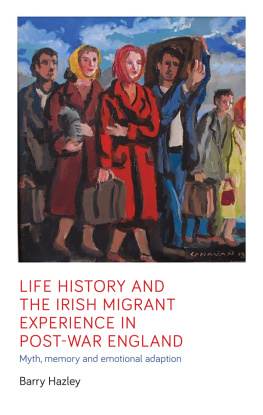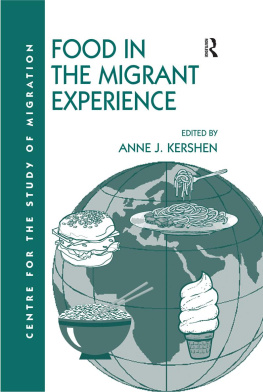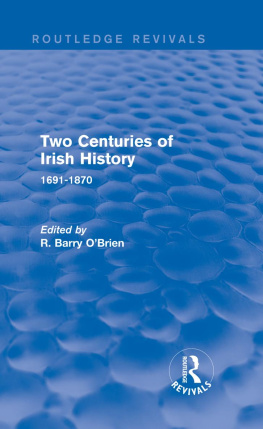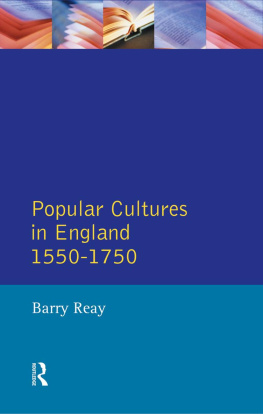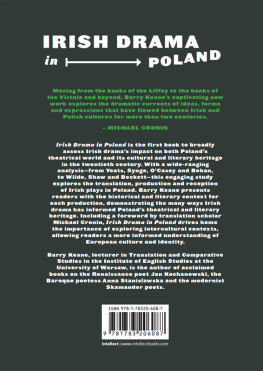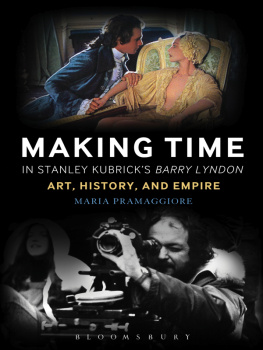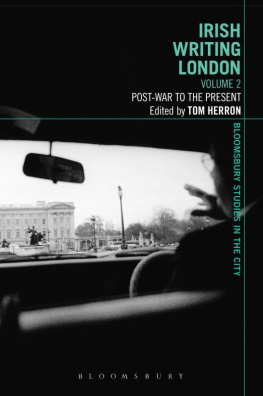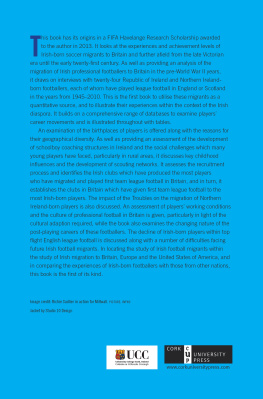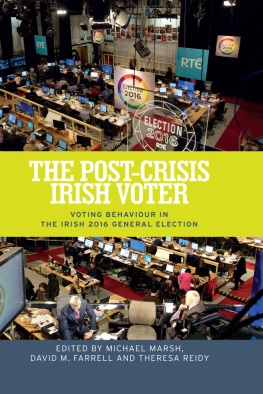Copyright Barry Hazley 2020
The right of Barry Hazley to be identified as the author of this work has been asserted by him in accordance with the Copyright, Designs and Patents Act 1988.
Published by Manchester University Press
Altrincham Street, Manchester M1 7JA
www.manchesteruniversitypress.co.uk
British Library Cataloguing-in-Publication Data
A catalogue record for this book is available from the British Library
ISBN 978 1 5261 2800 3 hardback
First published 2020
The publisher has no responsibility for the persistence or accuracy of URLs for any external or third-party internet websites referred to in this book, and does not guarantee that any content on such websites is, or will remain, accurate or appropriate.
Cover image: Athletic Youths and Comely Maidens by Bernard Canavan
Typeset by Newgen Publishing UK
This book is dedicated to the memory of Tom Jordan, David and Rachel Hazley, and Sarah Ford
Founded on the rupture between a past that is its object, and a present that is the place of its practice, history endlessly finds the present in its object and the past in its practice.
In Northern Ireland, the 1980s and 1990s were years in which discussion about questions of identity, religion and political allegiance was intense. As well as some of the worst atrocities of the Troubles, these years saw the emergence of all-party peace talks, leading eventually to the signing of the Good Friday Agreement in 1998. Growing up in a small town in Tyrone during this period, as I reached adolescence I remember becoming increasingly aware of this political saturation, both at home and in school, and of course within the wider media. I also remember, however, coming to view this saturation in terms of limitation and constraint. This, I think, had something to do with where I lived and the religious composition of the peer group I became part of around the age of 13. The largely Protestant housing estate that I lived on backed on to and adjoined another, largely Catholic, housing estate. Up until around the time I went to secondary school this spatial arrangement tended to foster a social segregation in playtime: we played football on our streets, and the Catholic boys did likewise on theirs, and there was little or no interaction between the two groups. This changed as a result of shared adolescent experiments with cigarettes and alcohol, and later, recreational drugs and music-making.
Around about the same time members of both groups discovered that the cut-through path linking the two estates, known to us as dump hill, was a strategically good place to smoke and drink because the bend in the path meant that parents and neighbours could not observe what was going on, yet we could see investigators approach from both ends of the path well in advance of them reaching us. During the summer holidays the hill became a shared rendezvous point, and by the beginning of term the two groups had effectively merged. Over the next five years the group came to take priority over school friends as a focus of socialising, and what had initially been an unspoken agreement not to talk about religion and politics eventually gave way to a more rebellious attitude of denigration towards political leaders on both sides of the political divide, men who became for some of us objects of ridicule and satire. Although shaped by the wider sectarian culture in which it was embedded, the group constituted an in-between space in which we could contest some of its most divisive effects, while fashioning ourselves through shared adolescent practices whose structuring ideals and logics had little, or seemed to have little, to do with being Irish or British.
Looking back at this period, it occurs to me that the construction of this space, at least from my standpoint, may have involved a process of splitting whereby confusing and difficult questions about identity, nationality and politics were denigrated and devalued, while other aspects of the self untainted by association with these themes were idealised. My choices of London or Glasgow, rather than Belfast or Coleraine, as prospective university cities when filling out my UCAS forms may also have been conditioned by this, in that, at an unconscious level, I understood my migration out of Northern Ireland as a further moving away from those divisive questions about identity and towards some kind of urban cosmopolitanism where such things were not relevant.If this was the plan, it didnt work out too well. Going to the University of Glasgow in 2002 certainly supplied access to new social worlds, but it involved too the new phenomenon of being constantly identified as Irish by others who did not themselves identify as Irish. This was unsettling, not only because my Protestant background had furnished me with few ideas about just what kind of Irish I might be, but because my experiences growing up in Cookstown contradicted and conflicted with the sharp, politicised divisions brought into play by such designations, so that terms like Irish/British, unionist/nationalist or Catholic/Protestant could be experienced as an external imposition and a simplification. When taxi drivers, frequently the boldest of specialists on Anglo-Irish relations, would ask whether I was a Catholic or a Protestant, it was difficult to satisfy the expectations implicit in the question without a loss of authenticity.
The effect of such questions was not so much to bring me to a realisation about my true identity, as to alert me to the fact that migration to Britain involved one, or me at any rate, in complex negotiations with issues of meaning and identity, negotiations which I had given little thought to when choosing where to go to university. As well as becoming conscious of unresolved aspects to my own identity, and perhaps because of this, I became increasingly aware of the fact that complex sets of meanings attached to the term Irish in Britain, meanings that could condition how I was interpreted when I spoke and that could create walk-on roles within particular situations and conversations. Sometimes, these meanings related to the legacies of the Troubles in Britain, which in Glasgow, a city with its own sectarian tensions, meant something quite specific. As I would gradually learn, however, such meanings were difficult to disentangle from a much longer history of Irish migration to Britain, a history that, despite having studied Irish history at A-level, I knew little about.
If I had stayed in Ireland and gone to university there when I was eighteen, would I have embarked on doctoral research into the experiences of the Irish in Britain five years later? Almost certainly the answer to this question is no. This book grew out of the points of cultural contact established when I arrived in Glasgow from Cookstown to take up a place at university in 2002. More precisely, it grew out of feelings of unsettlement connected with issues of cultural positioning and belonging, and so can be seen as part of a broader quest to make sense of myself within a new environment where ways of framing Irishness preceded me. Back in 2002 this quest would lead me in a variety of directions, into a range of conversations with differently situated others. This book continues this ongoing process, in dialogue this time with the otherness of the past.


